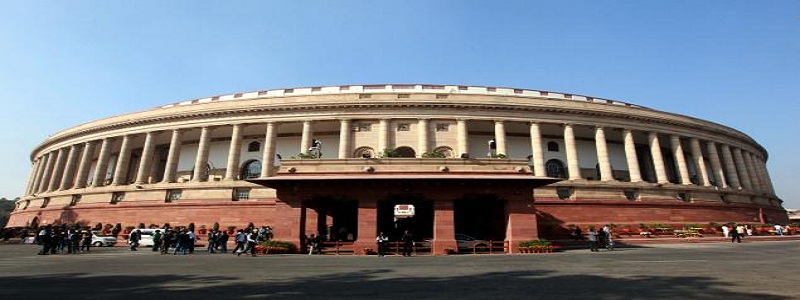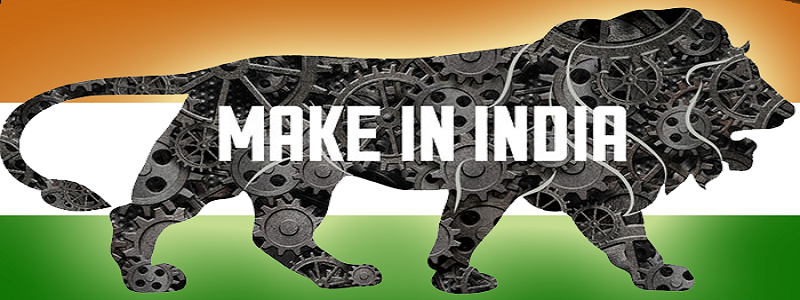Much has been said and talked about the GST Bill over past few months. It has definitely been the most hyped topic in the current Indian Political Setup. What is GST BILL? Why is it important? Where does it stand in comparison with similar tax reform in other countries? These are some questions that need to be answered.
What is GST Bill?
The Goods and Services Tax Bill or GST Bill, officially known as The Constitution (One Hundred and Twenty-Second Amendment) Bill is a tax reform which proposes the implementation of a single comprehensive indirect tax on manufacture, sale and consumption of goods and services throughout the country. This single tax is supposed to subsume all other smaller indirect taxes.
What is the current situation?
Like any major reform, GST too requires a constitutional amendment, which requires the bill to be passed by both houses of the Parliament. The GST Bill has been passed in the NDA-dominated Lok Sabha. However, the government has faced major roadblocks in the upper house where it does not have the required numbers to get it passed. The GST Bill has been stuck in the Rajya Sabha for a long time due to stiff opposition from the Congress Party and some of its allies. But things are looking better of late. After Nitish Kumar (who is an ally of congress in Bihar) met the Union Finance minster, Arun Jaitley and pledged his support for the reform, there is enormous pressure on Congress which has finally agreed upon having a discussion on the bill in Parliament.
Why is it so important?
GST is being considered as a major game changer. As Arvind Subramanian(Revenue Secretary) and Hasmukh Adhiya(Chief Economic Advisor to the GOI) rightly pointed out in an article published in The Hindu, there will be three major benefits of the GST
1. GST will increase the resources available for poverty alleviation and development. This will happen indirectly as the tax base becomes more buoyant and as the overall resources of the Central and State governments increase. But it will also happen directly because the resources of poor States like Uttar Pradesh, Bihar, and Madhya Pradesh, who are predominantly large consumers, will increase considerably.
2. It will also provide a boost to the Make In India Campaign as it makes India a single large market by freeing from the current mess of several complex levies along the state lines. With the Implementation of GST, CST would be eliminated, most of the other indirect taxes would be subsumed into the GST, and because the GST would be applied on imports, the negative protection favoring imports over domestic manufacturing would be eliminated.
3. GST would improve tax governance. Dual monitoring would create desirable tax competition and cooperation between Central and State authorities. Even if one set of tax authorities overlooks and/or fails to detect evasion, there is the possibility that the other overseeing authority may not.
These benefits can only be achieved through a well-designed GST. The GST Bill, if passed, could be able to attain tax rates that protect revenue and simplify tax governance. This could also be instrumental in avoiding increasing inflationary pressures and keep India in the range of countries with reasonable levels of indirect taxes.



















